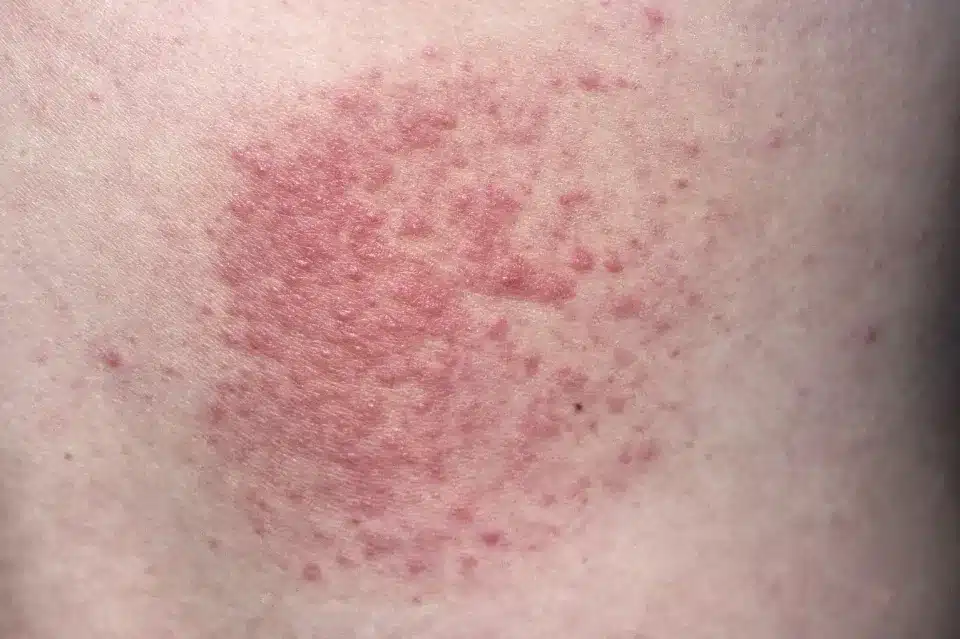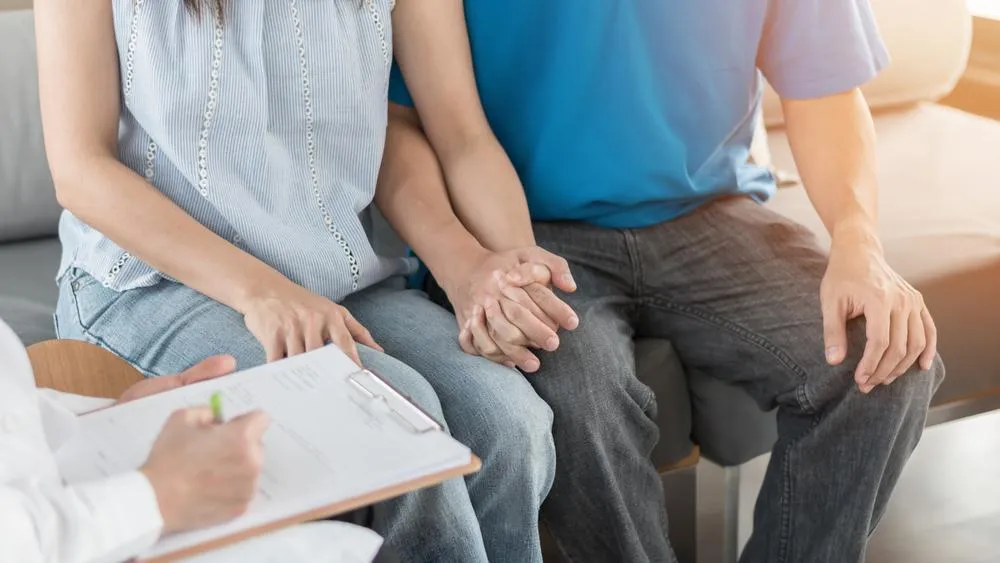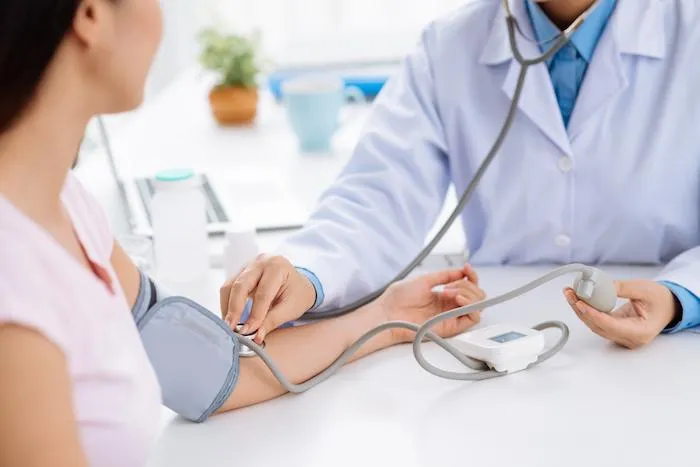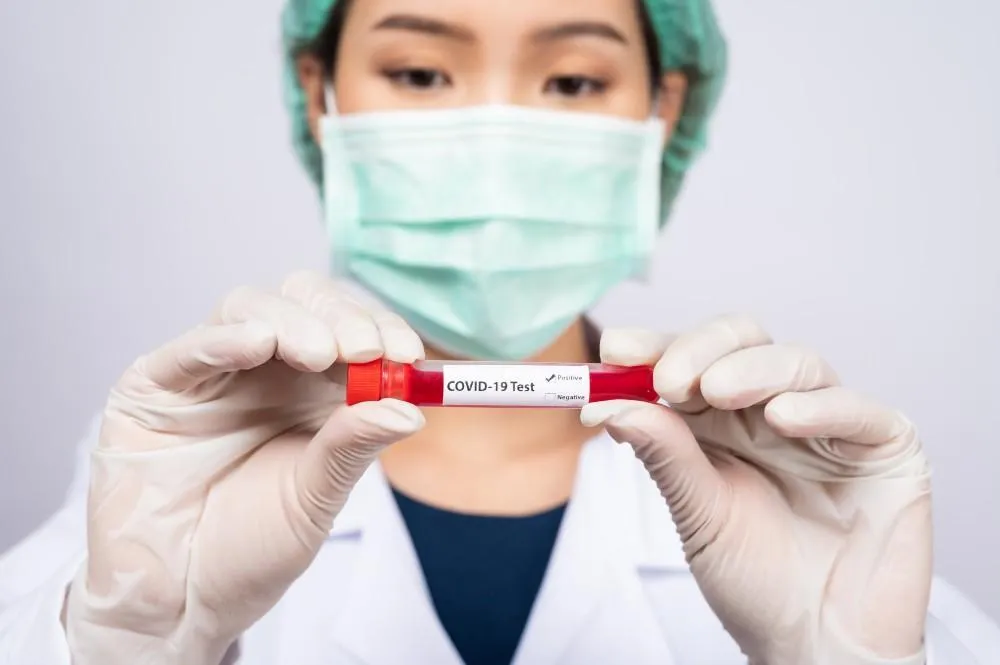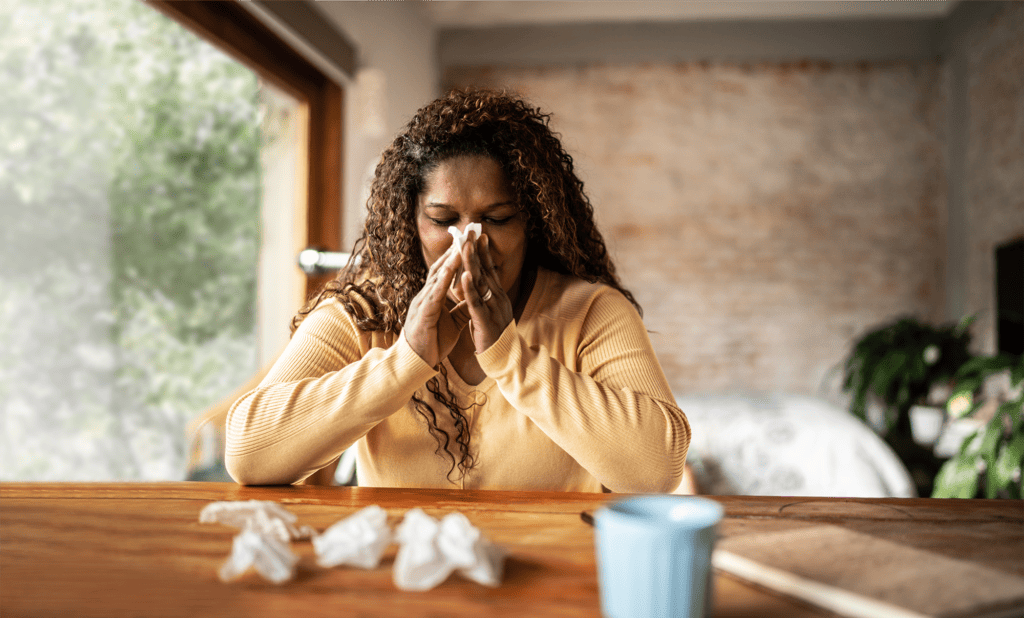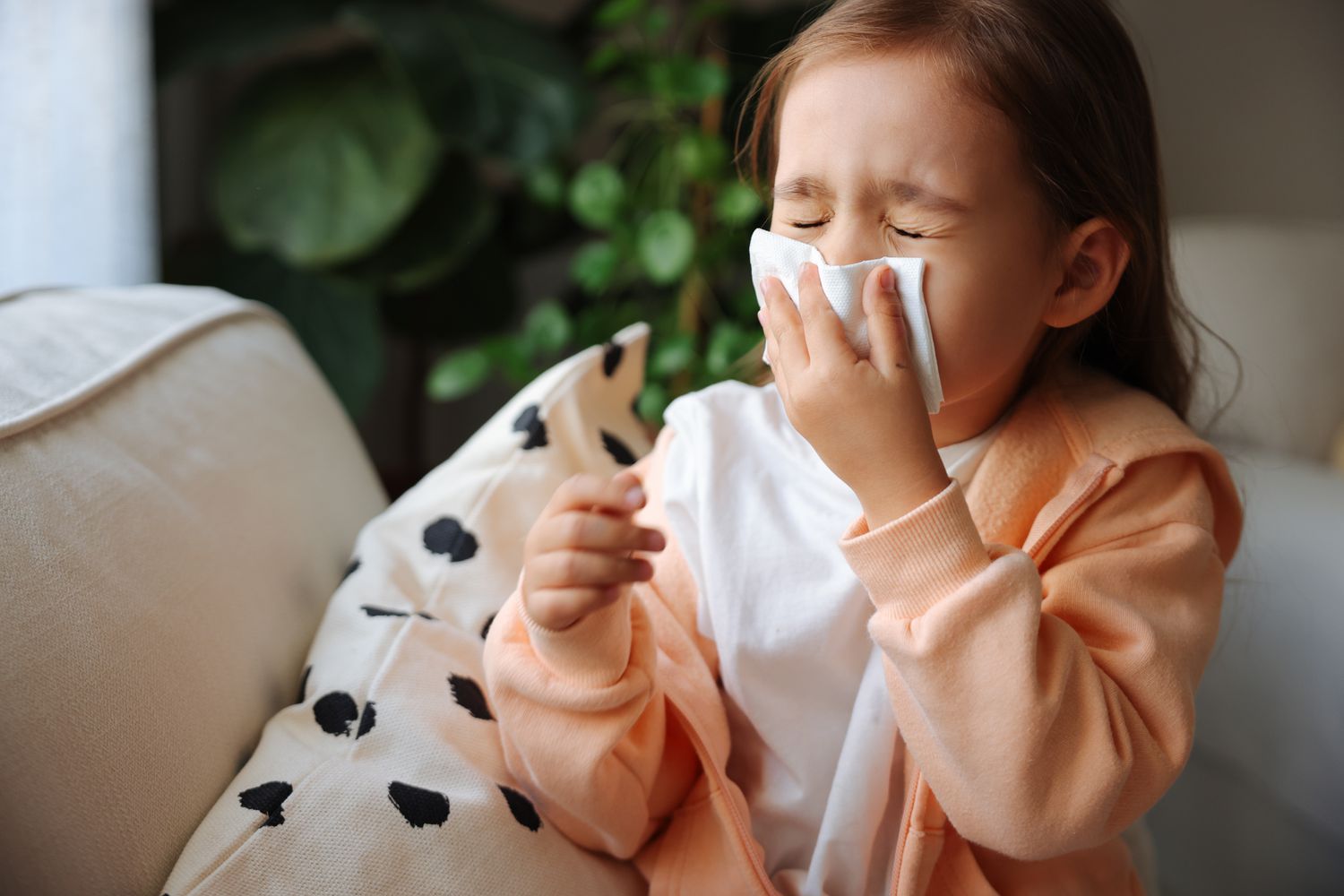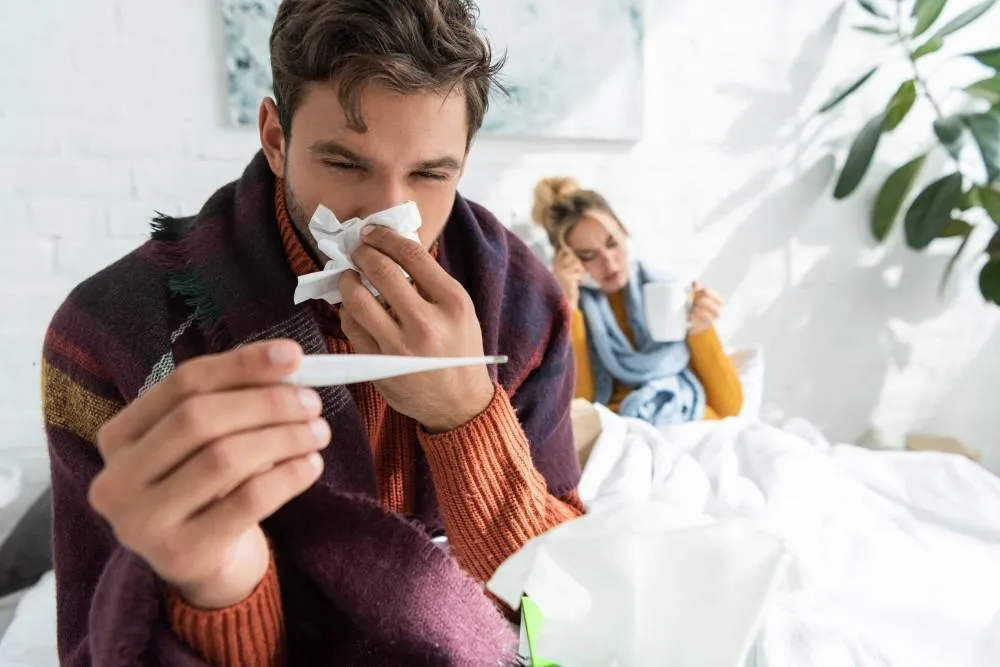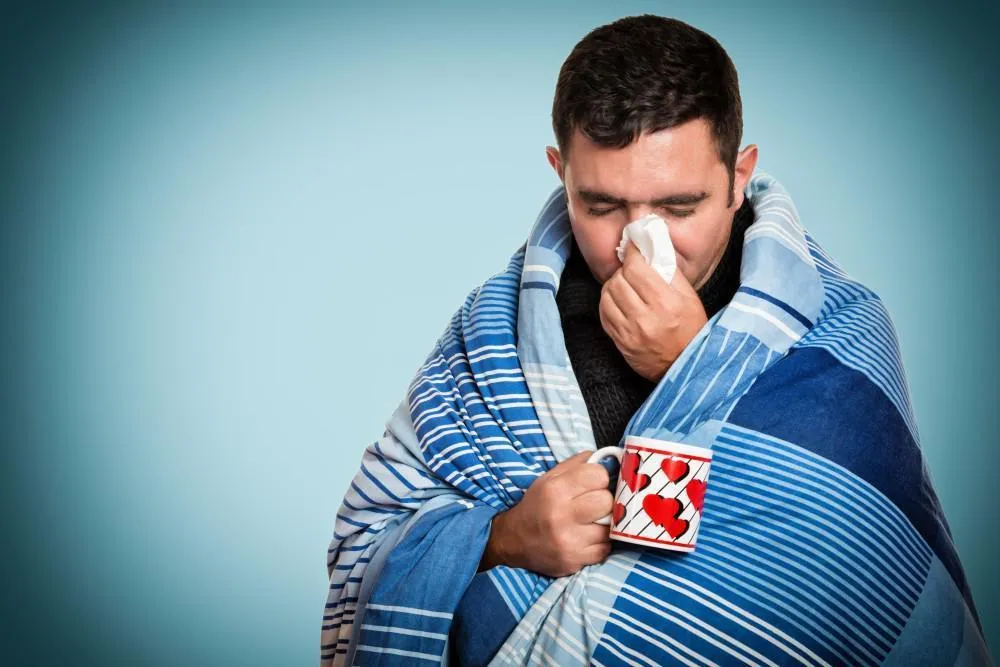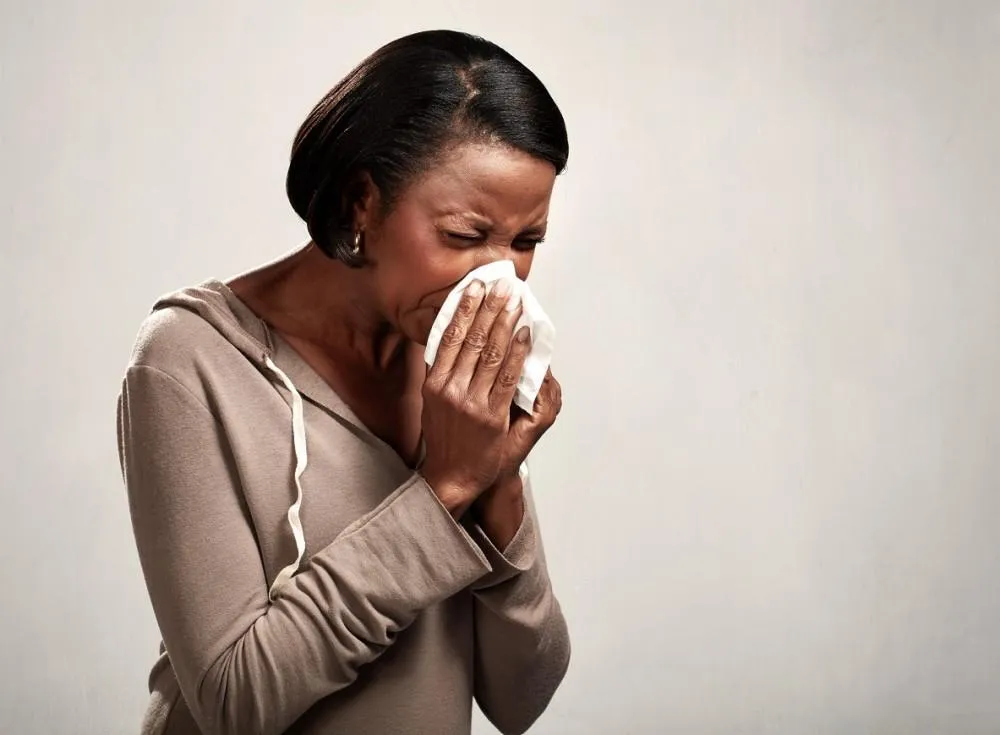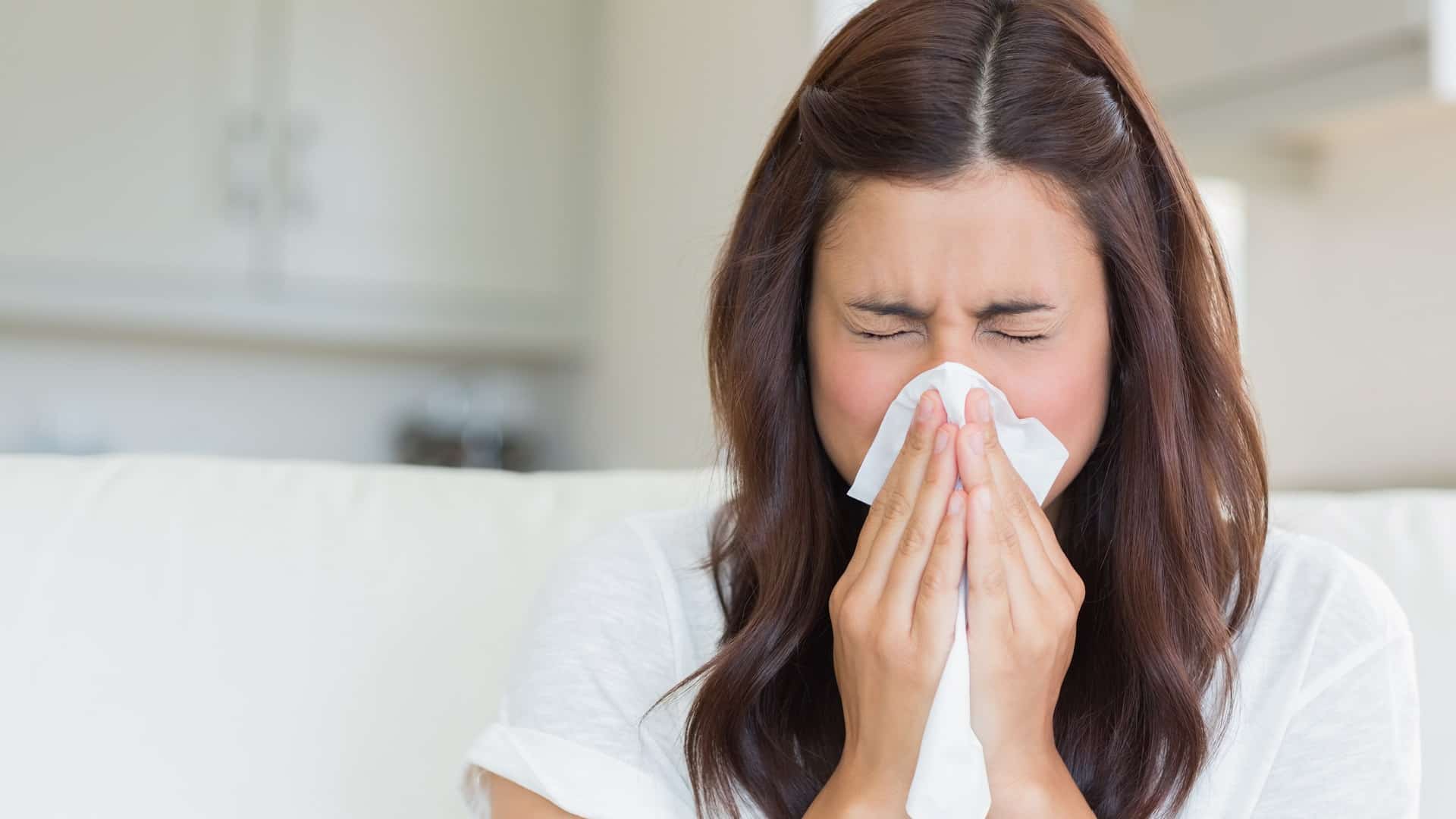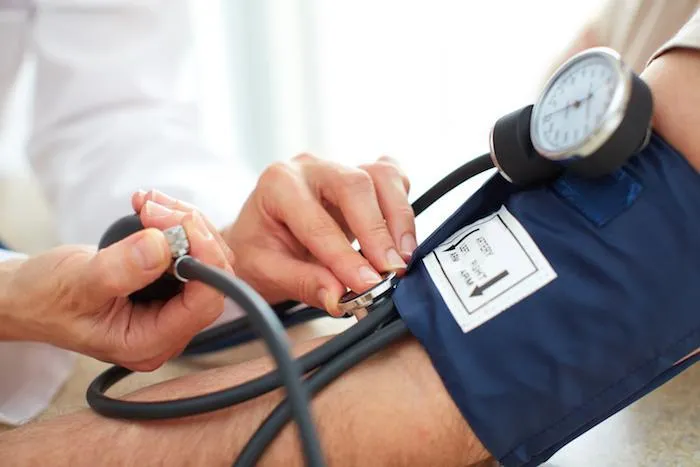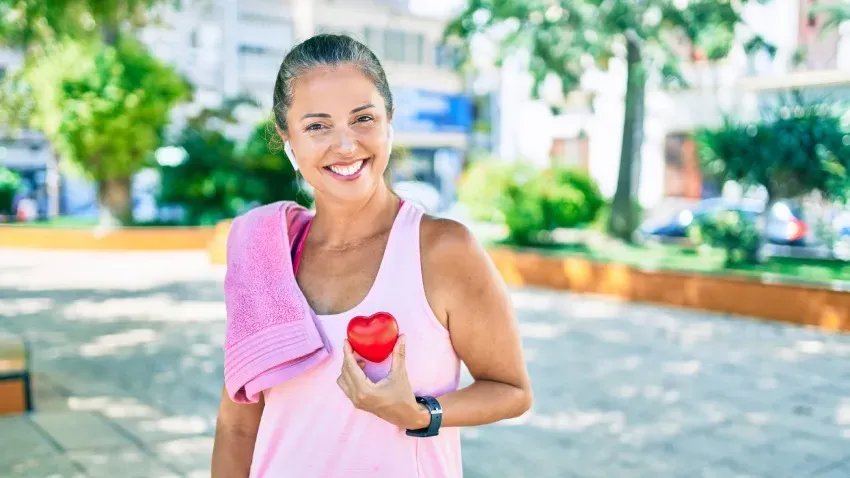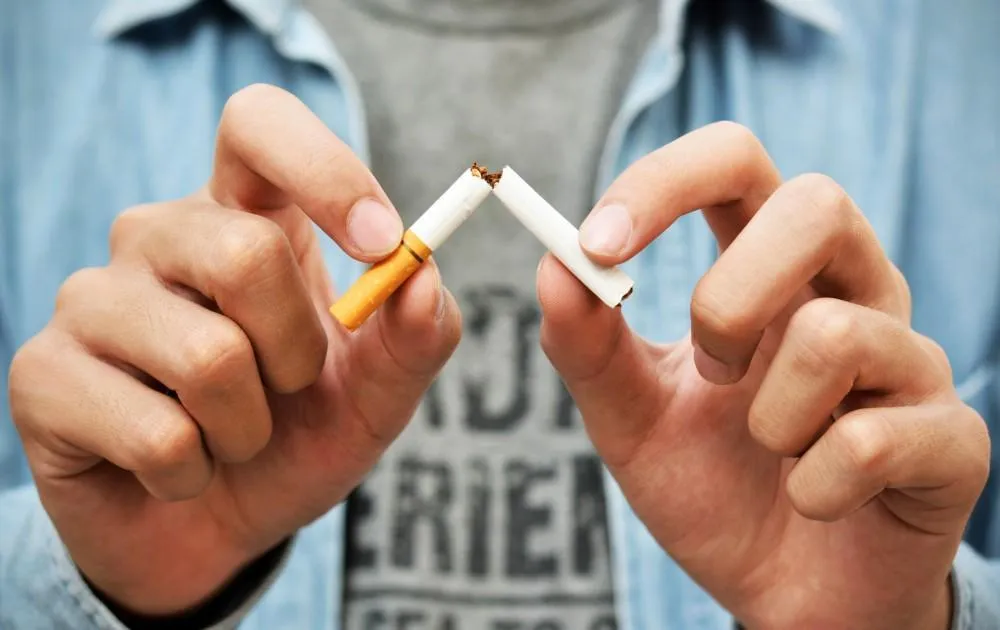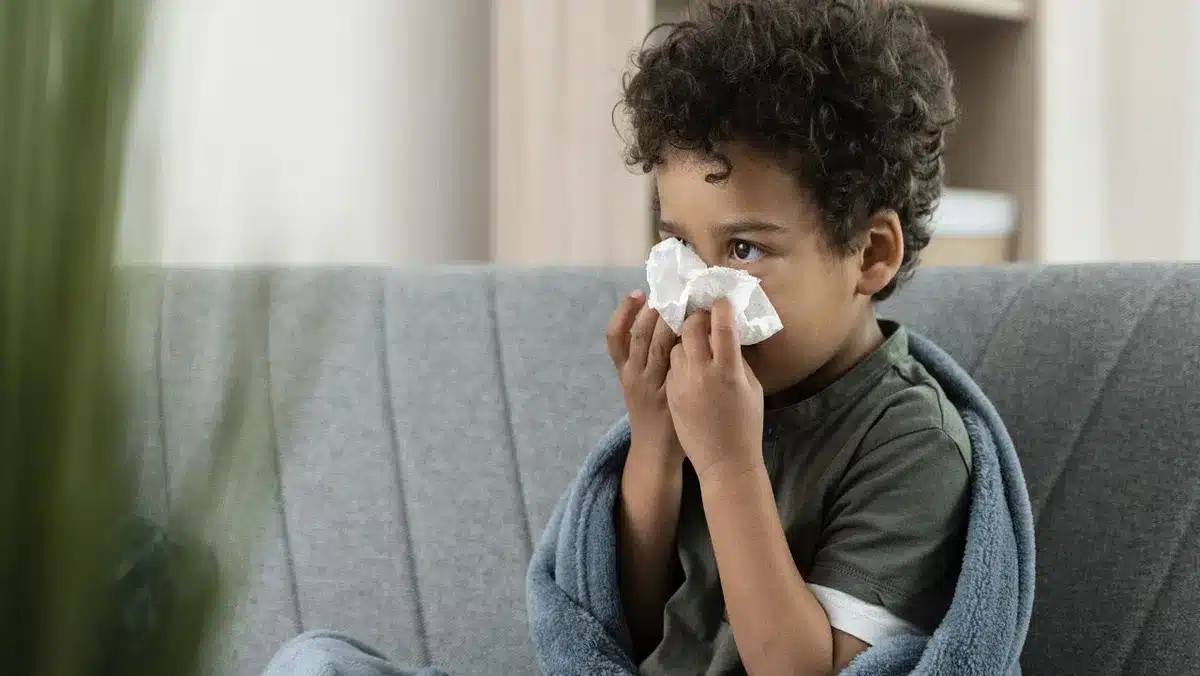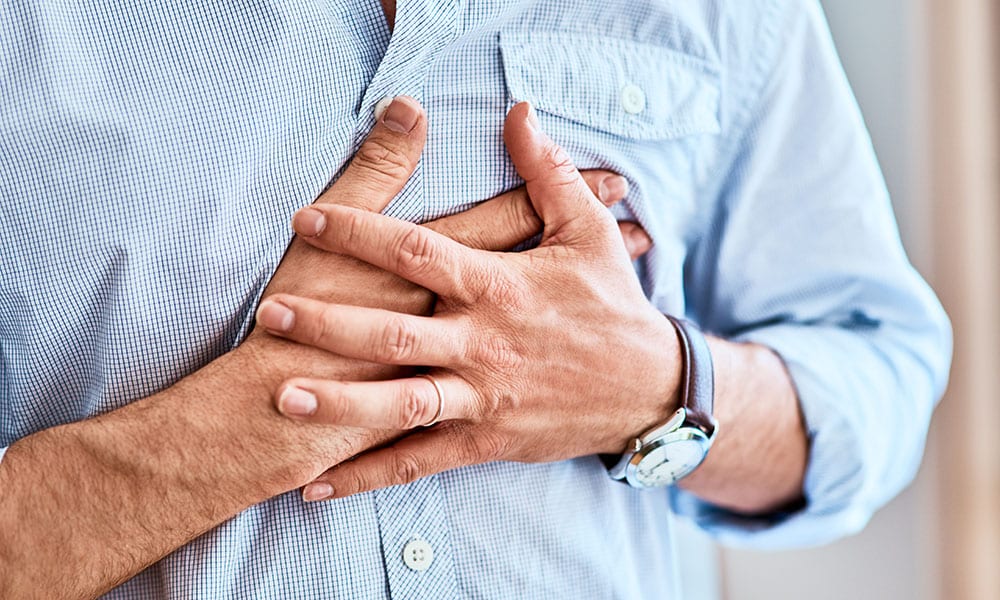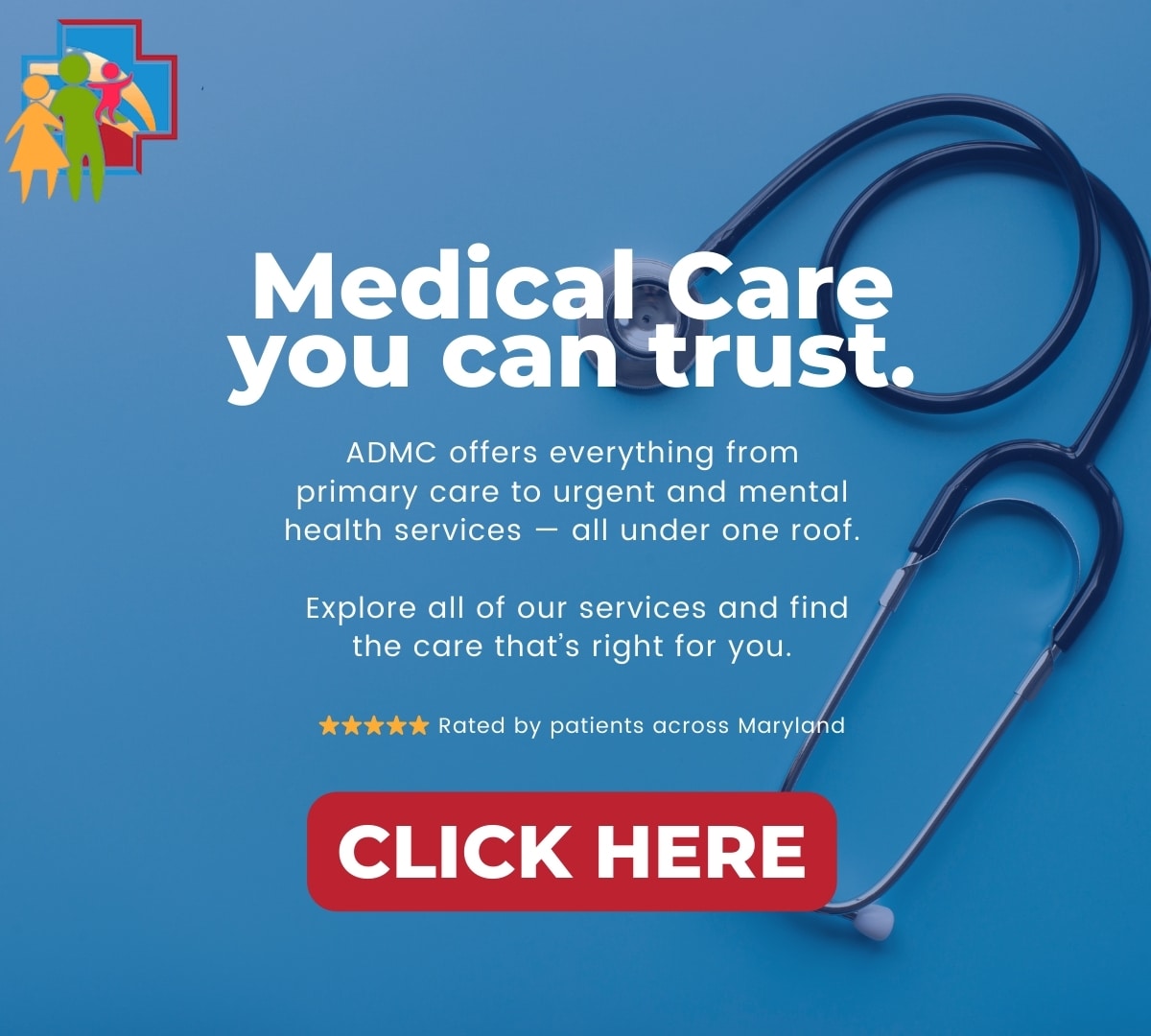Effective Heat Rash Treatment and Prevention
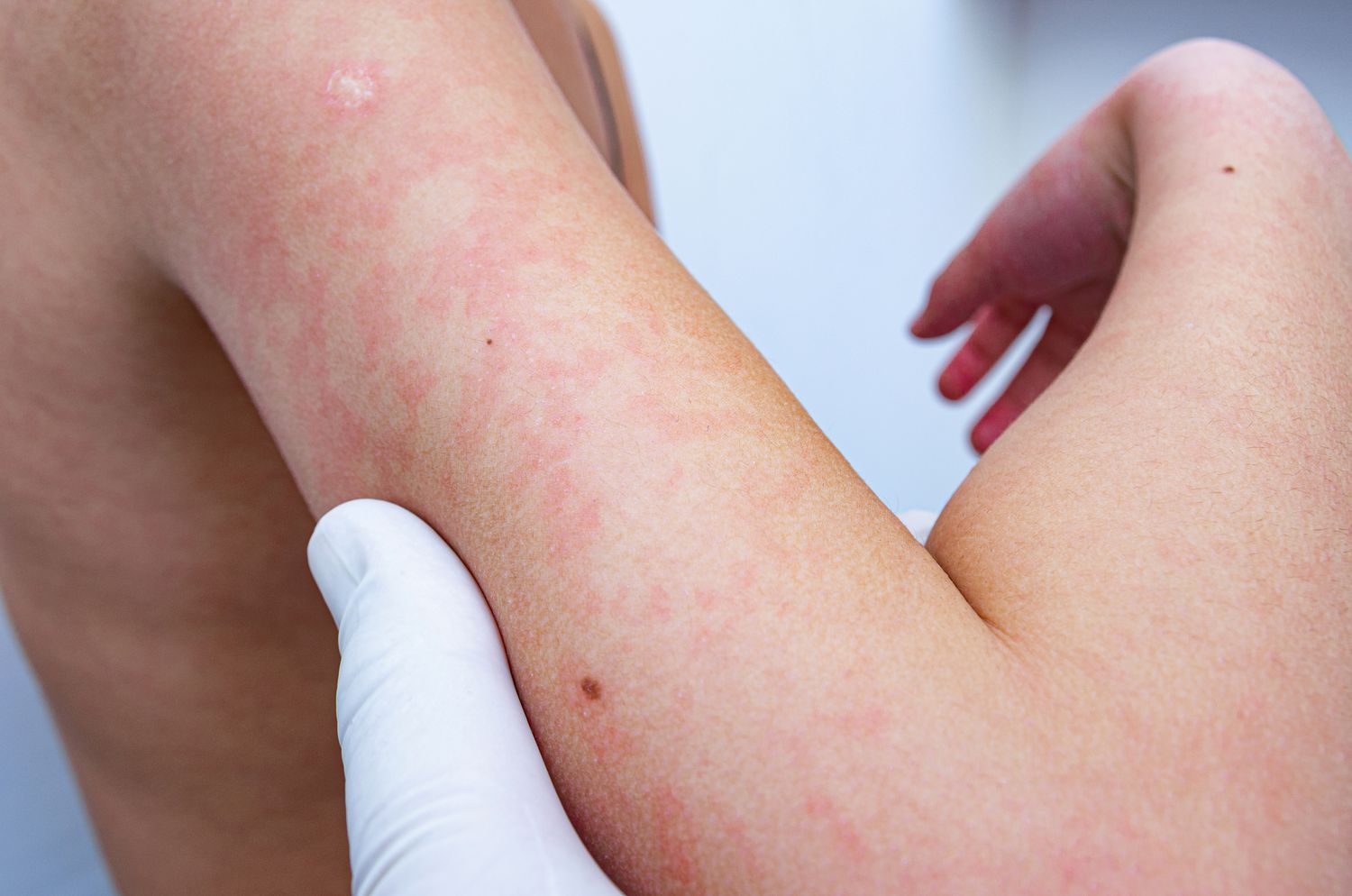
Heat rash, or prickly heat, is a condition caused by blocked sweat ducts. It often appears as a red, bumpy rash in areas prone to sweating, like the neck, chest, and back. Let’s explore effective ways for heat rash treatment and prevention.
Whether you’re dealing with the discomfort of heat rash or looking to prevent it altogether, understanding its causes and implementing effective strategies can make a significant difference in your comfort and overall well-being.
What Is Heat Rash?
High temperatures are quite often the cause of skin problems. Heat rash is characterized by small clusters of raised bumps that appear on the neck, back or armpits.
Sweating or heat rash is a skin disease when the outflow of sweat from the sweat glands is disturbed. Most often this pathology affects newborns, but such a problem can occur in adolescents and adults. Approximately 5-7% of the population suffers from this ailment. It is important to note that it is chronic, so it can reappear.
In babies, especially newborns, the processes of thermoregulation are not yet fine-tuned, and even a slight overheating can lead to severe sweating. The liquid is released and evaporates insufficiently, stagnates, which becomes the main cause of pathology. Sweating remains the most common phenomenon that all children under 2 years of age face without exception.
Types of Heat Rash
Heat rash is also known as “prickly heat”, as people suffering from it report a prickling sensation during the onset of the rash. However, heat rash is not always accompanied by a tingling sensation, and you should remember that.
Depending on how severe the rash is and how affected the sweat ducts are, heat rash can be categorized into several types.
Crystalline sweat rash
Occurs in most cases, is considered the simplest and most harmless type of the disease. Most often this form of sweating is observed in a newborn and affect any part of the body: on the neck, butt, legs and arms, less often on the abdomen, face and sides of the torso. Rash elements look like small blisters, which after 2-4 days after their appearance gradually dry up and begin to peel, causing mild itching or irritation.
Red sweating
In this case, there are already more severe disorders of sweat outflow. With this form of heat rash sweat glands are inflamed, the deep layers of the dermis are affected. Represents a more dangerous variant of the disease, in which rashes resemble tubercles. They turn red, significantly protrude above the surface of the skin, itch and itch. The duration of this type of prickly heat rarely lasts less than 2 weeks. The condition is fraught with the development of bacterial inflammation on the skin.
White sweating
Prickly heat occurs with an inflammatory process, as evidenced by the characteristic appearance of vesicles: small vesicles filled with white or purulent-yellowish content. Bursting, such elements leave behind a light gray plaque, which gradually disappears. If the inflammatory process in this form of the disease is not managed in time, there is a high risk of developing a full-blown infection.
Deep sweating
It differs from other variants of pathology by the depth of the skin lesion. Crystalline, red and white forms of the disease affect only the epidermis, while deep sweating is localized in the dermis and fat layer. This type of heat rash is more intimidating, appearing as large blisters with serous fluid. They gradually burst and resorb but bring great discomfort. Deep sweating is dangerous with the development of extensive inflammatory processes.
Regardless of the type and nature of the disease, heat rash always requires the competent assistance of a doctor, and independent attempts to cope with diaper rash can turn into complications. So, you should use urgent care in Gaithersburg for help.
What Causes a Heat Rash?
The common cause of all types of sweating is the intense synthesis of sweat in conditions where the body is unable to get rid of it effectively. Either the sweat glands are overactive, or the outflow and evaporation of fluid from the body surface is impaired.
Causes of heat rash are:
- sweating in children is often caused by improper swaddling, and it is rarely congenital and appears in the first weeks of life;
- immaturity of sweat glands, typical of newborns and premature babies;
- high body temperature, fever;
- overheating of the body in the background of poor sweating, for example – tight clothing;
- tropical climatic conditions – high temperature and high humidity: sweating increases, but because of the humidity, sweat does not evaporate;
- physical work, which always increases the work of sweat glands;
- hormonal disorders, due to which the function of synthesis and secretion of sweat is disturbed (apocrine sweating);
- prolonged forced position of the body, for example – bed rest, when the rules of skin care are not observed.
In recent years, there has been another factor in the development of prickly heat in adults: respiratory infections. To protect the respiratory tract, people wear masks and respirators for long periods, which causes sweating to appear on the face.
What Does a Heat Rash Look Like?
Heat rash typically manifests as a cluster of small, red heat bumps on the skin. Heat rash appears as convex spots ranging in size from 2 to 4 mm. These bumps can be filled with clear fluid or pus, depending on the severity of the condition.
The affected area often feels itchy or prickly. Heat rash commonly appears on areas prone to sweating, such as the neck, chest, back, and groin. It is usually harmless and clears up once the skin cools down.
Sweating rash appears based on its type. In crystalline sweating, the rash looks like tiny clear spots. They may look like drops of sweat. The sweating rash usually disappears within a few hours or days. It is the least itchy form of the condition and there may be no itching at all.
Red sweat rash is caused by blockage of sweat ducts in the deeper part of the epidermis. Tiny red bumpy patches develop. The affected areas of the skin become red.
If you suspect you have heat rash, keeping the affected area cool and dry is essential to promote healing.
How Long Does a Heat Rash Last?
Heat rash typically clears up on its own within a few days. The course of the disease can vary. It depends largely on the severity of the rash as well as your actions. You must create the right conditions to ensure that the heat rash does not reappear. Mild skin affection goes away within 48 hours. A more serious heat rash may persist on the skin for several weeks, gradually becoming less noticeable.
By keeping the affected area cool, dry, and loose-fitting clothing, you can help speed up the healing process. Applying cool compresses, taking cool showers, and using over-the-counter treatments can also help soothe itching and discomfort.
However, if the sweat rash persists beyond a week, worsens, or becomes infected, you should visit a doctor. Infected heat rash may require prescription medications or other specific treatments. In most cases, with proper care, heat rash is a temporary condition that resolves without complications.
When to Call Your Doctor About a Heat Rash
Many parents ignore heat rash, believing it to be a harmless and transient condition. Unfortunately, with systematic violations of the rules of care for a small child rash can become permanent, because of which skin irritation, itching and burning will interfere with the child’s normal sleeping, eating and, accordingly, development.
When to consider urgent care? It should be understood that sweating is not the only skin disease. The rash can also be caused by allergic reactions or infectious diseases. If, in addition to the rash, you also have hoarse voice, fever and other symptoms, it is advisable to seek medical help as soon as possible, because it is not sweating.
Heat Rash Risk Factors
Most heat rash causes are related to parental mistakes in caring for the baby. Being afraid of catching the baby cold, moms and dads, especially new mothers and dads, consider it their first duty to wrap the newborn thoroughly. Since the center of thermoregulation in infants works poorly, there is overheating, the baby begins to sweat, sweat accumulates ducts, and salts cause skin irritation. The result is one – the appearance of various rashes, crankiness and lethargy of the child.
Severe sweating often occurs against the background of various infectious and inflammatory diseases of the general plan, for example, acute respiratory viral infections, colds, childhood infections.
The risk group also includes people suffering from endocrine diseases, rickets, dermatitis.
Intense physical activity can also be one of the heat rash causes, as it increases sweating. Athletes, outdoor workers, and people engaging in vigorous exercise are at higher risk. Additionally, wearing tight or non-breathable clothing can trap sweat against the skin, exacerbating the problem. Synthetic fabrics may also worsen symptoms.
Overweight or obese individuals may experience more friction in skin folds, leading to increased sweating and a higher chance of blocked sweat ducts. Finally, bedridden or immobile individuals who cannot change their position frequently are at greater risk, as prolonged contact with bedding can trap heat and moisture against the skin.
Heat Rash Treatment
How to get rid of heat rash quickly? While most cases of heat rash go away on their own or after home care, there are certain circumstances in which professional intervention may be necessary. For example, if the rash becomes a cause of serious discomfort, disturbs your daily activities, and your skin condition worsens. In some cases, there may also be fever or allergic reactions, which are not heat rash but skin irritation caused by other reasons.
You may also need medication support for heat rash treatment:
- anti-itch medications;
- anti-inflammatories topically and internally;
- drying powders;
- ointments with a wound-healing component;
- warm baths without detergents;
- phototherapy with ultraviolet spectrum.
If the vesicles are large, such pustules are lubricated with aniline antiseptics or use antibiotics for rash treatment.
Heat Rash Prevention
If you find that you have heat rash symptoms, it is important to find out the causes. Avoiding factors that cause skin irritation and healthy lifestyle tactics can easily make your life more comfortable.
A few simple guidelines can help prevent the development of heat bumps:
- Change clothes regularly – wear clean, dry clothes
- Stay in well-ventilated areas, avoid overheating and high humidity
- Wear clothes made of cotton and other natural materials that allow the skin to breathe.
- If there is severe inflammation and itching, see a dermatologist – he or she will prescribe a corticosteroid cream that will reduce inflammation
Try to avoid exposure to heat and tight clothing. If you do have to do something under the scorching sun, it is highly recommended that you take a cool shower afterward. Loose clothing can also prevent the sweat glands from getting clogged.
Conclusion
Beat the heat rash blues! With proper care and prevention, you can enjoy the summer without discomfort. Remember, staying cool, dry, and loose-fitting is key. If heat rash symptoms persist or worsen, consult a healthcare professional. Stay cool and rash-free!
Don’t let heat rash disrupt your comfort. Follow these tips to keep your skin cool and rash-free. For more in-depth advice and solutions, explore our resources and consult with a healthcare professional. Stay proactive and protect your skin from heat-related issues!

